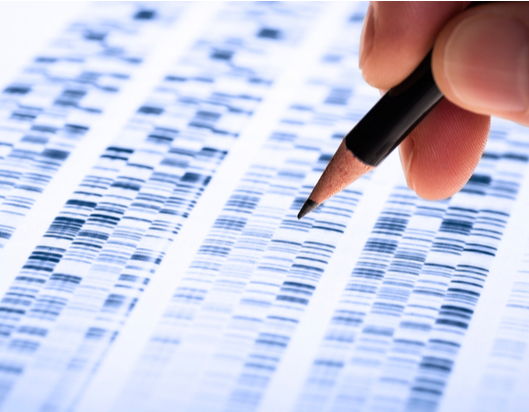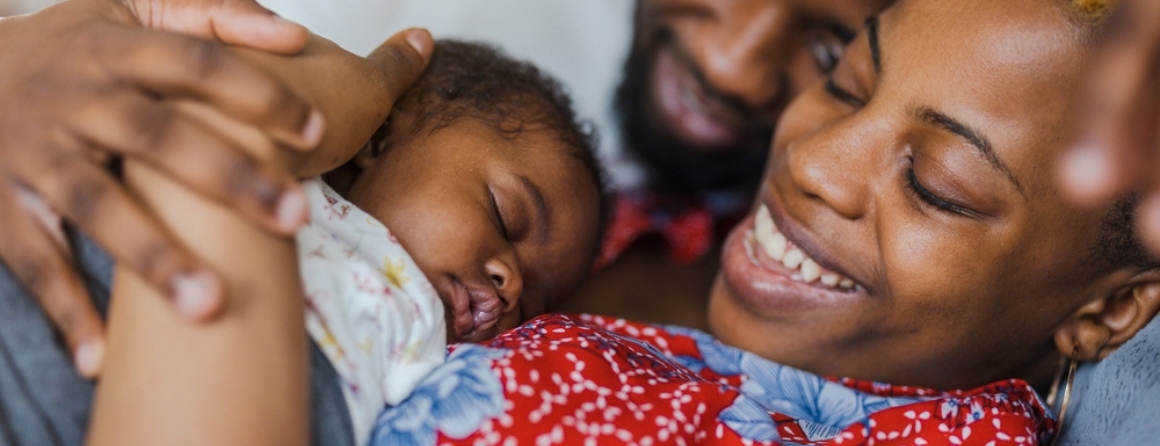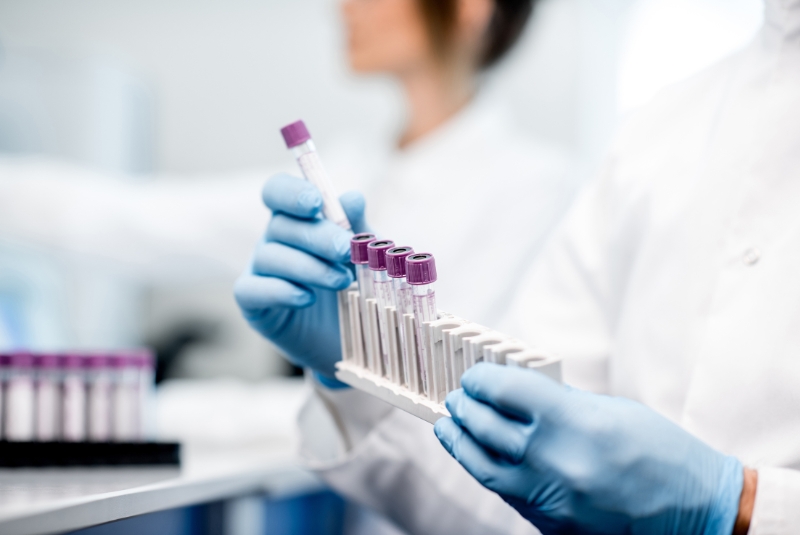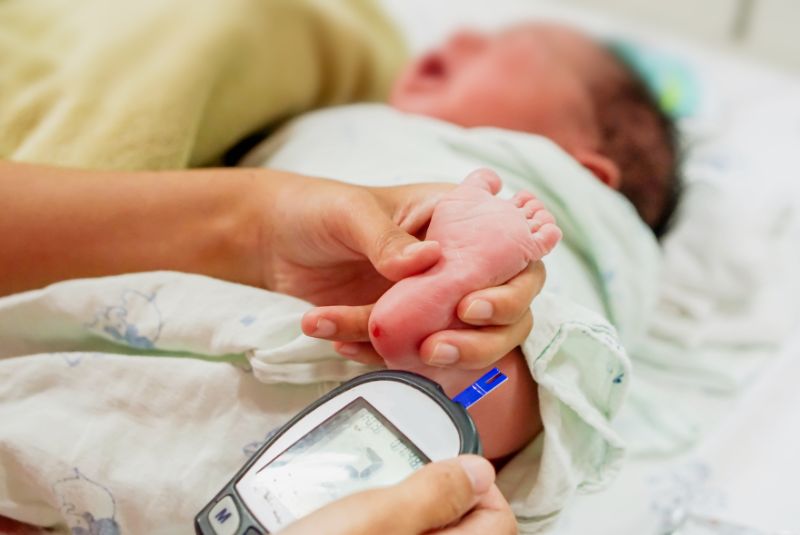Genetic screening

Genetic screening involves testing certain populations to detect signs of disease or risk factors for the development of future health problems.
Genetic screening can identify those who are at high risk of developing specific health conditions and explain why illnesses sometimes run in families.
Genetic tests identify changes in genes, confirm or rule out genetic conditions and determine chances of developing them and passing them on.
The type of screening test depends on when it’s performed, such as in pregnancy, and what’s being looked for.
Reproductive carrier screening can, in some cases, help expectant parents understand the likelihood of different conditions being passed on.
In newborn screening, babies are tested in their first days or weeks for certain conditions. It can sometimes detect conditions before symptoms appear.
In most cases, early treatment and interventions can help prevent or reduce the effects of genetic conditions detected on newborn screening, some of which are life-threatening.

Who does it affect?
Who does it affect?
- There are more than 4,800 known rare genetic diseases of which about three- quarters affect children
- At least one in 12 babies is born with a rare disease.
- In many cases, prospective parents have no family history of a disease that may be present in their genes.
- About one in three affected children will die before age five.
- Screening for ‘additional findings’ may be offered to children or adults having their genome sequenced as part of their medical care. This type of screening identifies those at high risk of developing certain health conditions for which they may or may not be interventions or treatments.
For more information, see ![]() Rare Disease983.43 KB
Rare Disease983.43 KB
Our genetic screening research
Our genetic screening research
We are leading a world-first genetic screening pilot program, Mackenzie’s Mission. It’s screening 8,000 Australian couples, who are planning to have children or are in early pregnancy, for about 750 genetic conditions. Testing will provide information about their chances of having an affected child.
Other programs include newborn screening which saves and changes lives and prevents serious disability, Prepair tests which screen couples for 250 genetic conditions or spinal muscular atrophy, cystic fibrosis and fragile X syndrome, and pharmacogenomics which tests how genes affect the body’s response to certain medicines.
![]() Newborn screening, Celebrating 50 years in Victoria 1966-20163.53 MB
Newborn screening, Celebrating 50 years in Victoria 1966-20163.53 MB
Our genetic health research team studies screening for reproductive risks in couples including cystic fibrosis, Tay Sachs disease and thalassemia.
Our community genetics research examines the impact of screening for carriers of autosomal recessive conditions such as cystic fibrosis, and X-linked recessive conditions including haemophilia, Duchenne muscular dystrophy and fragile X syndrome. Findings will also be important in the future as screening becomes available for multiple conditions.
We do research on screening for some diseases that begin in adulthood including Friedreich’s ataxia and are researching why most people at risk of Huntington’s disease choose not to have genetic testing.
Impacts of our research

Impacts of our research
- We see more than 5,000 patients and make more than 250 genomic diagnoses of rare diseases annually with The Royal Children’s Hospital.
- We are jointly spearheading Mackenzie’s Mission study of couples planning or in early pregnancy, administered by Australian Genomics. More than 4,000 of over 5,000 couples enrolled so far have received results. Nearly two per cent (80 couples) have been identified as carriers and have an increased chance of having a child with a severe genetic condition. The study will investigate how best to deliver a free reproductive genetic carrier screening program to all couples nationwide.
- We found the combined affected pregnancy rate of cystic fibrosis, fragile X syndrome and spinal muscular atrophy was comparable to Down syndrome, highlighting the need to offer testing in routine prenatal screening.
- We found a combined test to screen for Prader Willi, Angelman and Dup 15q syndromes was reliable and should be added to newborn screening.
Our vision
Our vision
Our goal is for all children with a rare genetic disease to receive accurate and timely diagnosis, care and therapy including interventions that may prevent disease and symptoms. Ultimately, we strive for a world free of genetic disease.











